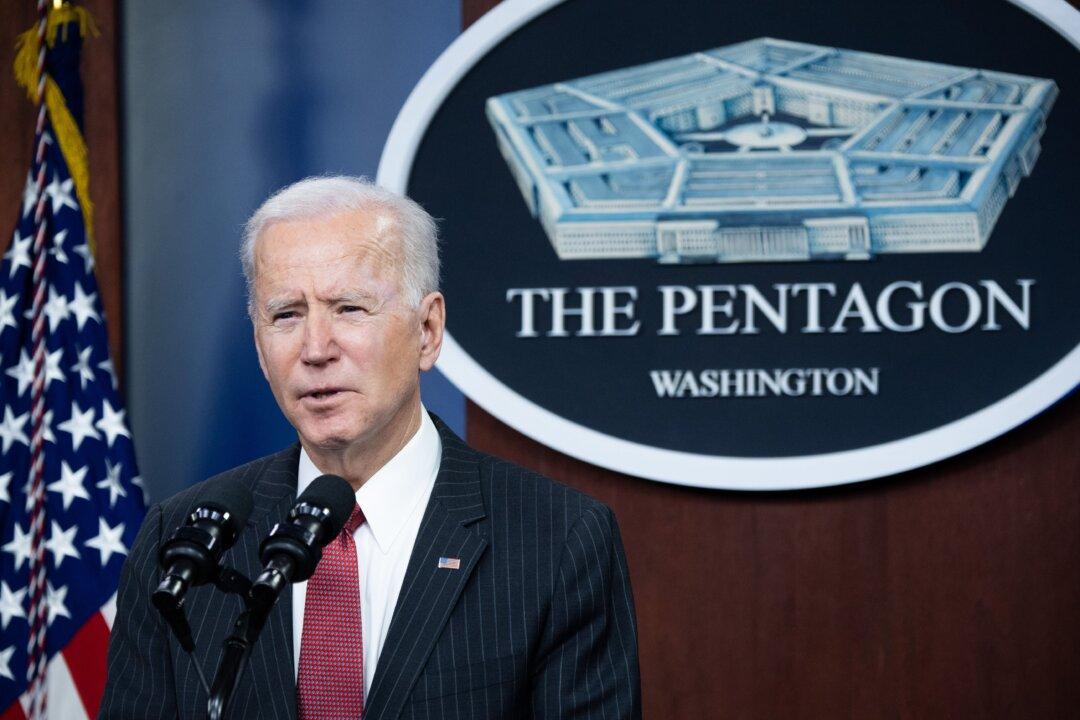The Pentagon needs to reform its defense budgeting process in order to better compete against China, given the rapid evolvement of emerging technologies, according to a new report.
“To gain an advantage in a military competition with China, the U.S. will likely need to revise its resource allocation processes to permit faster decisions and more adaptability in selecting how to best pursue its operational objectives,” the report stated.




